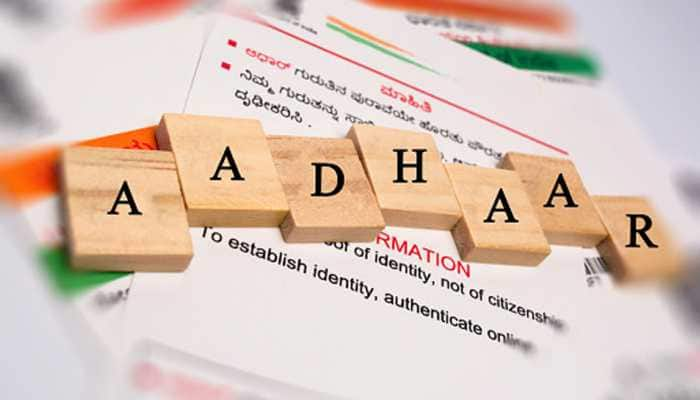Cabinet approves new anti-corruption bill; 3-7 year punishment proposed
The Union Cabinet on Wednesday approved a refurbished anti-corruption law, which includes seven years of maximum imprisonment in graft-related cases.
Trending Photos
New Delhi: The Union Cabinet on Wednesday approved a refurbished anti-corruption law, which includes seven years of maximum imprisonment in graft-related cases.
The proposed amended bill has been made more stringent and the penal provisions have been increased.
Earlier, the Act proposed only six months of minimum punishment, whereas the new bill has increased it to at least 3 years.
The bill mentions that all the corruption trials should be completed in two years and both bribe taker and giver will be held guilty.
"The average trial period of cases under PC Act in the last four years has been above eight years. It is proposed to ensure speedy trial by providing a trial completion (period) within two years," a press release said.
At a meeting chaired by Prime Minister Narendra Modi, the Cabinet gave its approval to amend the Prevention of Corruption Act, 1988 by pursuing the Prevention of Corruption (Amendment) Bill, 2013, pending before the Rajya Sabha.
The proposed amendments would fill in perceived gaps in the domestic anti-corruption law and also help in meeting the country's obligations under the United Nations Convention Against Corruption (UNCAC) more effectively, an official release said here.
It is also proposed to extend the protection of prior sanction for prosecution to public servants who cease to hold office due to retirement, resignation etc.
"Further, prior sanction for inquiry and investigation shall be required from the Lokpal or Lokayukta, as the case may be, for investigation of offences relatable to recommendations made or decision taken by a public servant in discharge of official functions or duties," the release said.
Expanding the ambit of the provision for containing inducement of public servant from individuals to commercial entities is being added to contain supply side of corruption, the release said.
Intentional enrichment by public servants will be construed as criminal misconduct and possession of disproportionate assets as proof of such illegitimate gains.
The official amendments propose to confer the powers of attachment upon the trial Court (Special Judge) instead of the District Court.
These amendments are mainly aimed at laying down more stringent measures to tackle corruption.
"Intentional enriching by public servants will be construed as criminal misconduct and possession of disproportionate assets as proof of such illicit enrichment," it said.
Non-monetary gratification has also been covered within the definition of the word gratification, the release said.
Expanding the ambit of provision for containing inducement of public servant, it is proposed to include "commercial entities" to check supply side of corruption in the amendment Bill.
The proposed amendments would fill in perceived gaps in the domestic anti-corruption law and also help in meeting the country's obligations under the United Nations Convention Against Corruption (UNCAC) more effectively, the release said.
It has also added definition for obligation of a public servant.
"The obligation of a public servant has been explicitly delineated such that the public servant deters from violating a statutory duty or any set of rules, government policies, executive instructions and procedures," as per the explanation proposed to be incorporated in the amendment Bill.
The Prevention of Corruption Act was enacted in 1988. Later developments, such as, India ratifying the UNCAC, international practice on treatment of the offence of bribery and corruption, etc. Necessitated a review of the existing provisions of the Act, so as to bring it in line with current international practice and also to meet, more effectively, the country's obligations under the UNCAC, the release said.
The Prevention of Corruption (Amendment) Bill, 2013 was introduced in the Rajya Sabha for the purpose on August 19, 2013.
The Department Related Parliamentary Standing Committee submitted its report on the Bill to the Rajya Sabha on February 6, last year but the Bill could not be passed.
"As the Bill contemplates an important paradigm shift in defining offences relating to bribery, the views of the Law Commission of India were also sought on the proposed amendments. Further amendments are proposed in the Bill as recommended by the Law Commission of India in its 254th report," it said.
The Narendra Modi government at the Centre has repeatedly said that it will do everything to check the menace of corruption.
Corruption, it may be mentioned, was one of the major election planks during the 2014 Lok Sabha polls, which saw the emergence of BJP as the majority party at the Centre.
Stay informed on all the latest news, real-time breaking news updates, and follow all the important headlines in india news and world News on Zee News.
Live Tv







)
)
)
)
)
)
)
)
)
)
